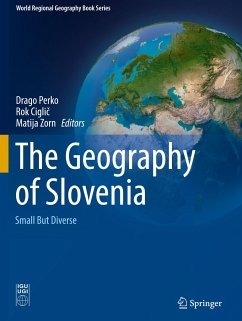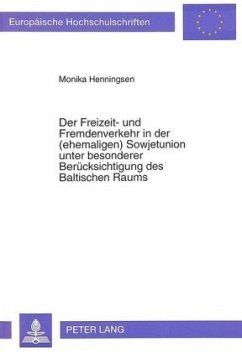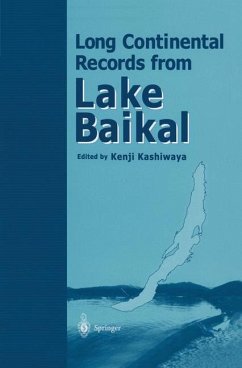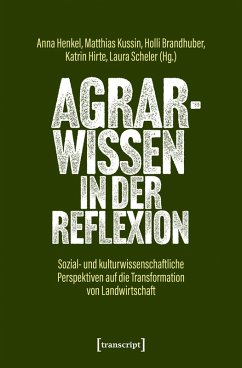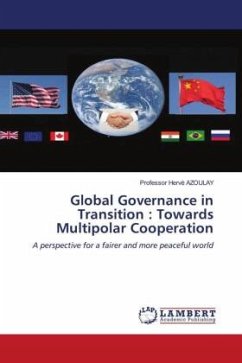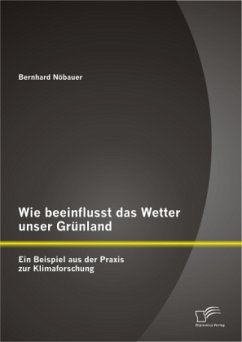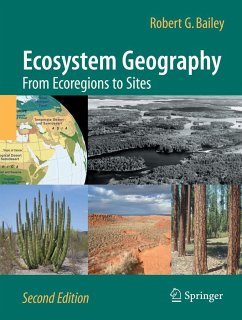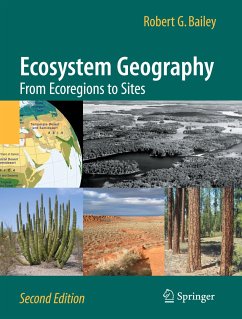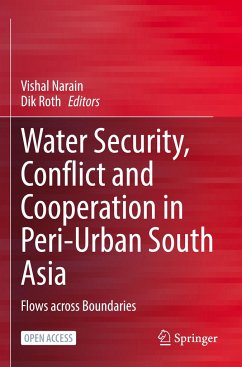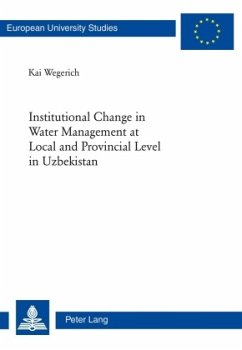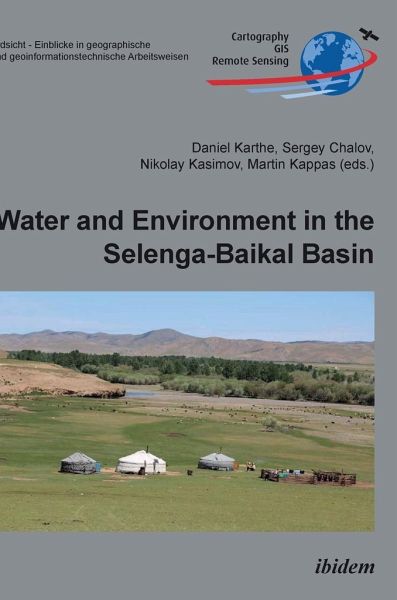
Water and Environment in the Selenga-Baikal Basin. International Research Cooperation for an Ecoregion of Global Relevance
Versandkostenfrei!
Versandfertig in 1-2 Wochen
79,90 €
inkl. MwSt.

PAYBACK Punkte
0 °P sammeln!
The water resources of the Selenga River/Lake Baikal system are of fundamental importance for the ecosystems and socio-economic development of the region. In this large-scale river and lake basin, there are strong contrasts between regions of relatively pristine nature and massive anthropogenic impacts on the environment. Climate change effects are more pronounced than in most other parts of the earth, and the transition from socialism into a more market-oriented economy has led to a boom in mining but also to a partial collapse of environmental monitoring and urban waste water management syst...
The water resources of the Selenga River/Lake Baikal system are of fundamental importance for the ecosystems and socio-economic development of the region. In this large-scale river and lake basin, there are strong contrasts between regions of relatively pristine nature and massive anthropogenic impacts on the environment. Climate change effects are more pronounced than in most other parts of the earth, and the transition from socialism into a more market-oriented economy has led to a boom in mining but also to a partial collapse of environmental monitoring and urban waste water management systems. Moreover, the expansion of agriculture and mining has triggered a considerable land cover change, rising water consumption, and the release of contaminants that had previously been unknown to the region. The consequences for the water resources and the aquatic and terrestrial ecosystems depending on them have become increasingly visible in recent years. This book, which is based on contributions to the 2014 "Bringing Together Selenga-Baikal Research Conference", provides a multidisciplinary insight into current water-related challenges and strategies for their solution from the viewpoint of the international scientific community.



